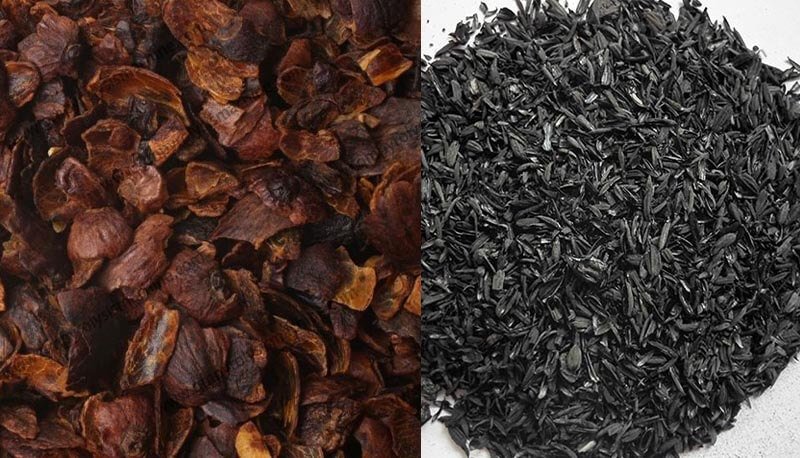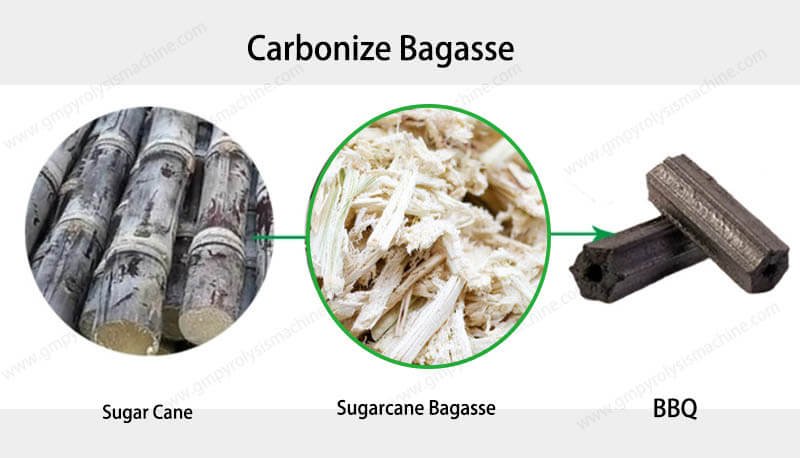In recent years, carbonized rice husks have emerged as a sustainable and versatile material with numerous applications in agriculture, industry, and even daily life. This article will explore the benefits of using carbonized rice husks, their production process, and how they can add value to your projects.
Rice Husk Carbonization Machine Benefits
1. High Economic Value and Versatility
Carbonized rice husks, also known as rice husk charcoal, are produced by heating rice husks in a controlled environment, typically within a carbonization furnace. The resulting charcoal has a higher economic value compared to regular charcoal due to its superior properties. It can be used as a fuel, fertilizer, and as a raw material for various industrial processes.
2. Enhanced Soil Fertility and Crop Growt
One of the most significant advantages of carbonized rice husks is their ability to improve soil quality. When added to the soil, these charcoals act as a natural conditioner, enhancing the soil’s structure, water retention, and nutrient-holding capacity. They help in creating a more favorable environment for plant roots, promoting healthy growth and increasing crop yields.

3. Efficient Waste Management and Energy Production
Rice husks are a common byproduct of the rice milling process, often considered a waste material. By converting them into charcoal, we not only reduce the volume of waste but also transform it into a valuable resource. This process aligns with the principles of circular economy, where waste is minimized, and resources are utilized efficiently.
4. Superior Insulation and Industrial Applications
In the industrial sector, carbonized rice husks find application as an excellent insulating material. They are particularly useful in the steel and metal industries, where they can be employed to create heat-resistant linings or as an additive in the production of refractory materials.
5. Eco-Friendly and Sustainable
The production and use of carbonized rice husks offer several environmental benefits. Unlike traditional charcoal production methods, modern carbonization processes are designed to minimize emissions and operate under smokeless conditions, making them more environmentally friendly.
6. Ease of Use and Customization
For those interested in incorporating carbonized rice husks into their operations, there are various options available. Whether you’re looking to produce small batches or large quantities, there are solutions tailored to meet your specific needs.
Embrace the Potential of Carbonized
By embracing the potential of rice husk carbonization machine
, individuals and businesses alike can contribute to a more sustainable and economically viable world. From improving agricultural productivity to reducing waste and promoting eco-friendly practices.




